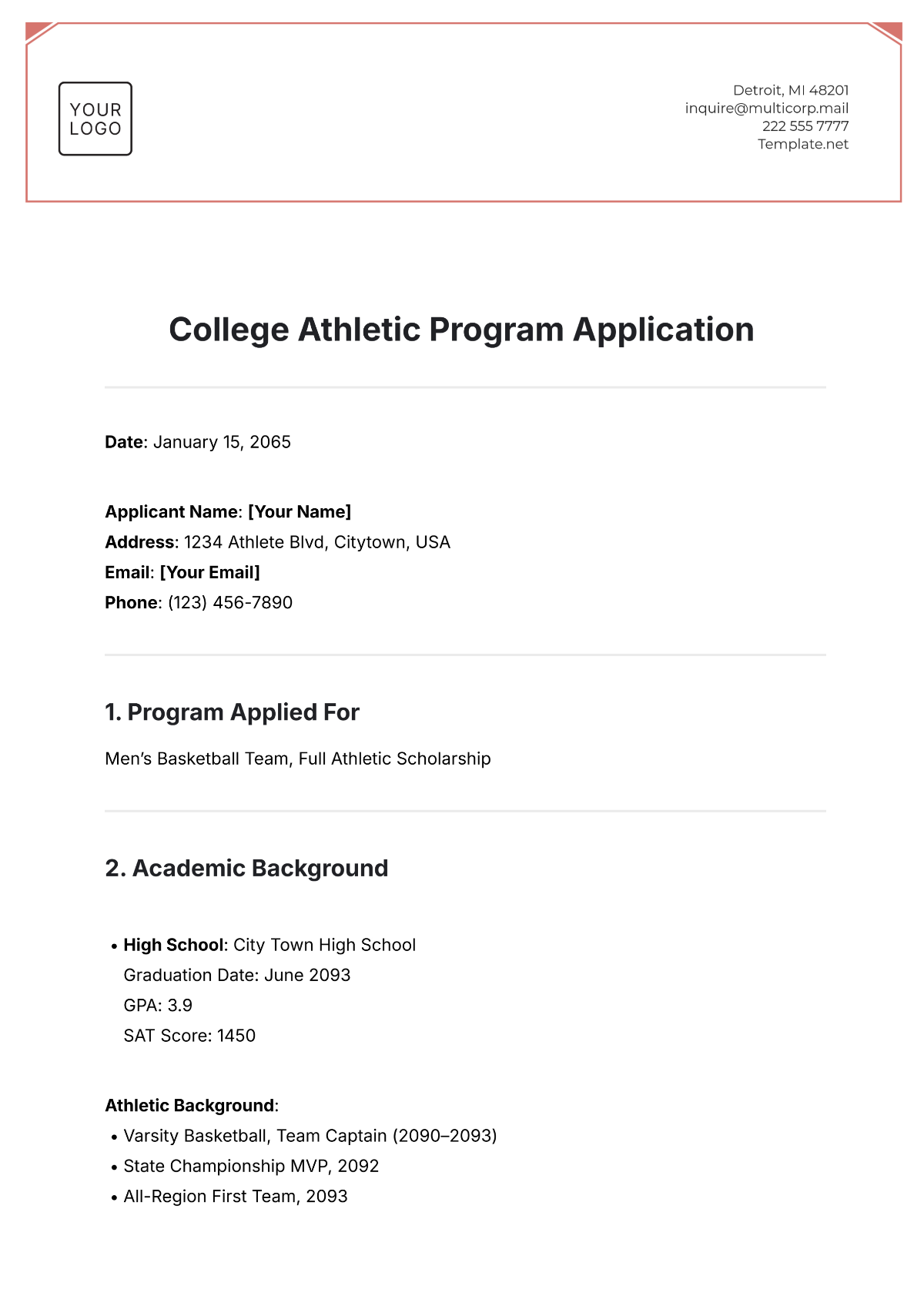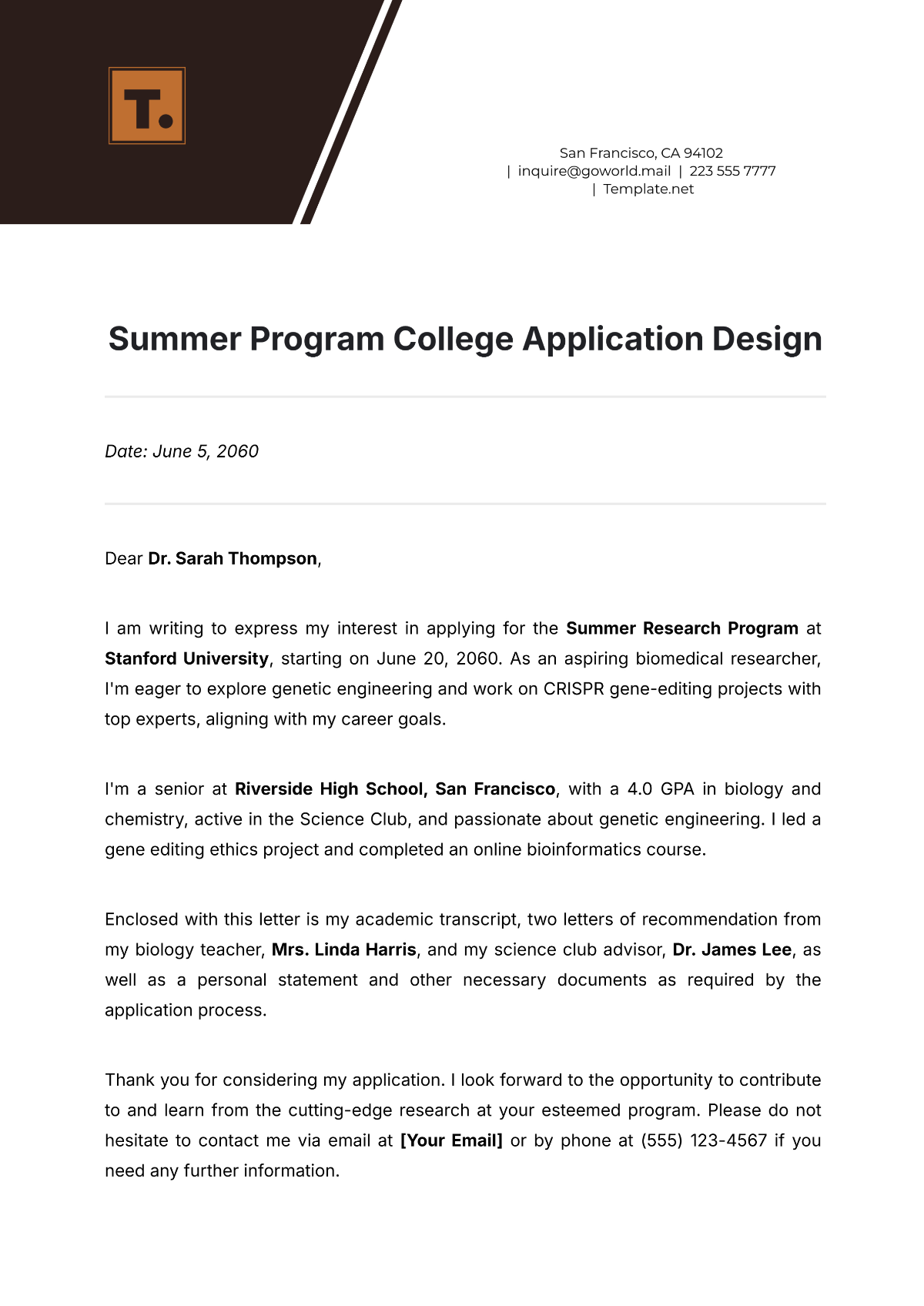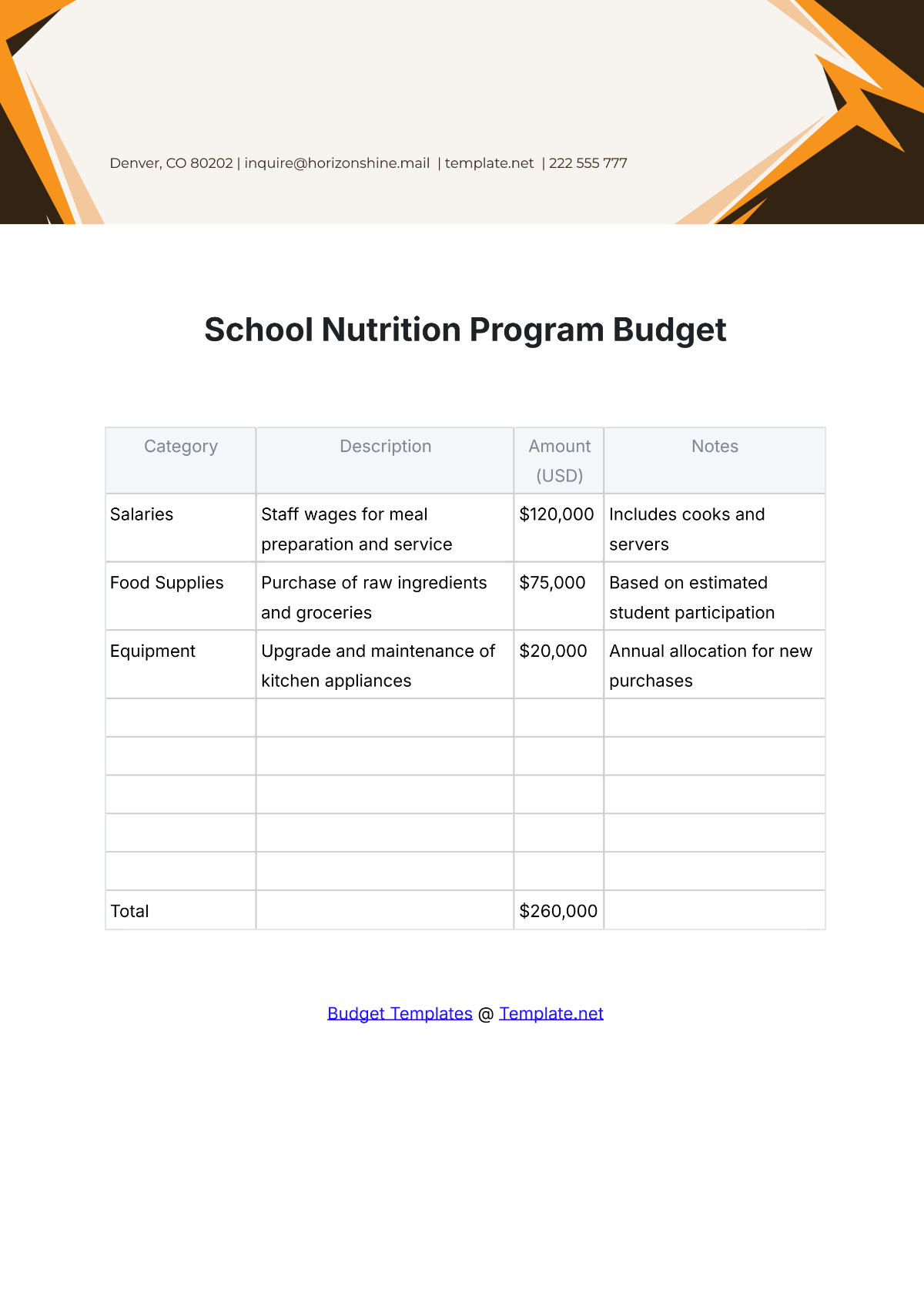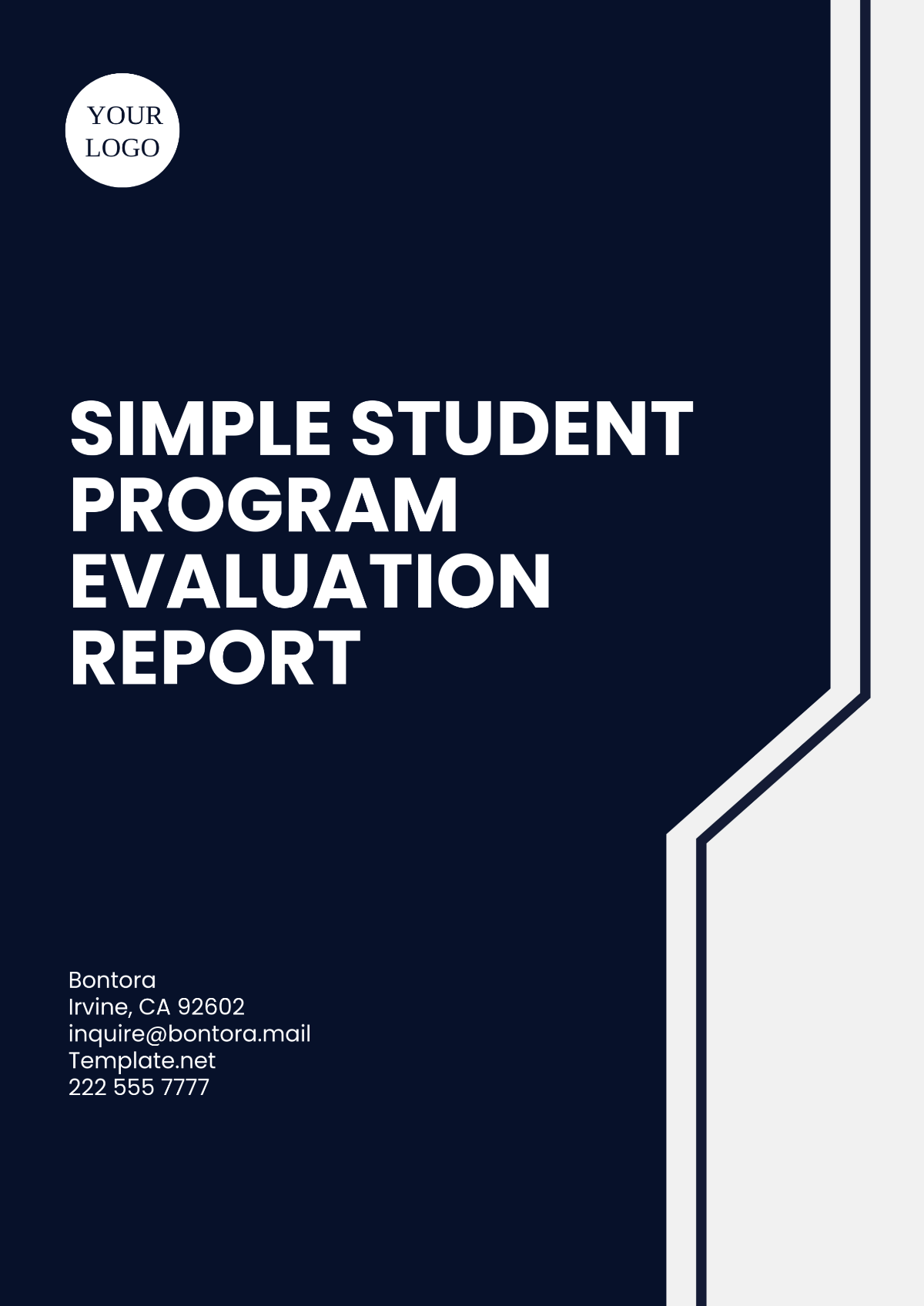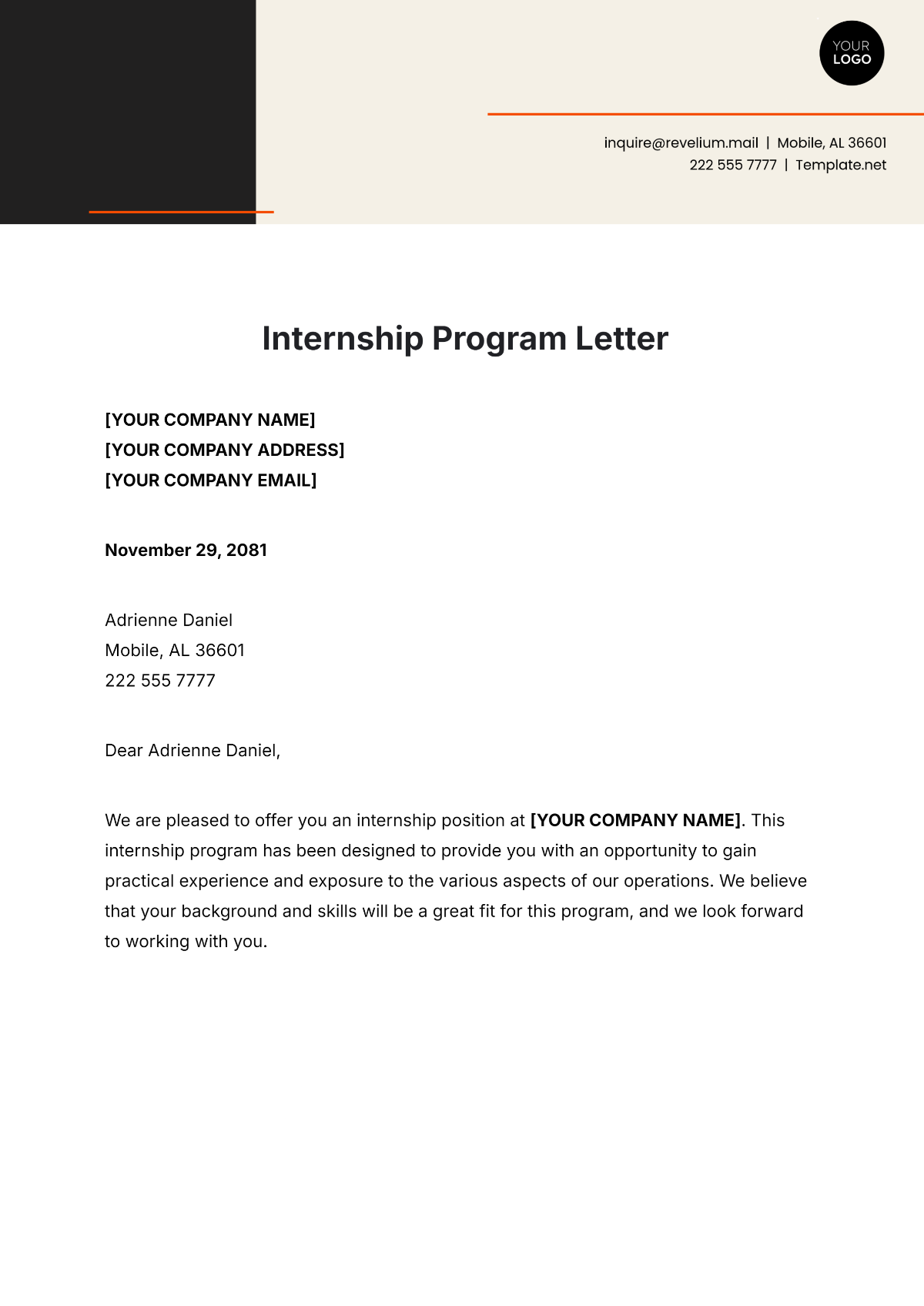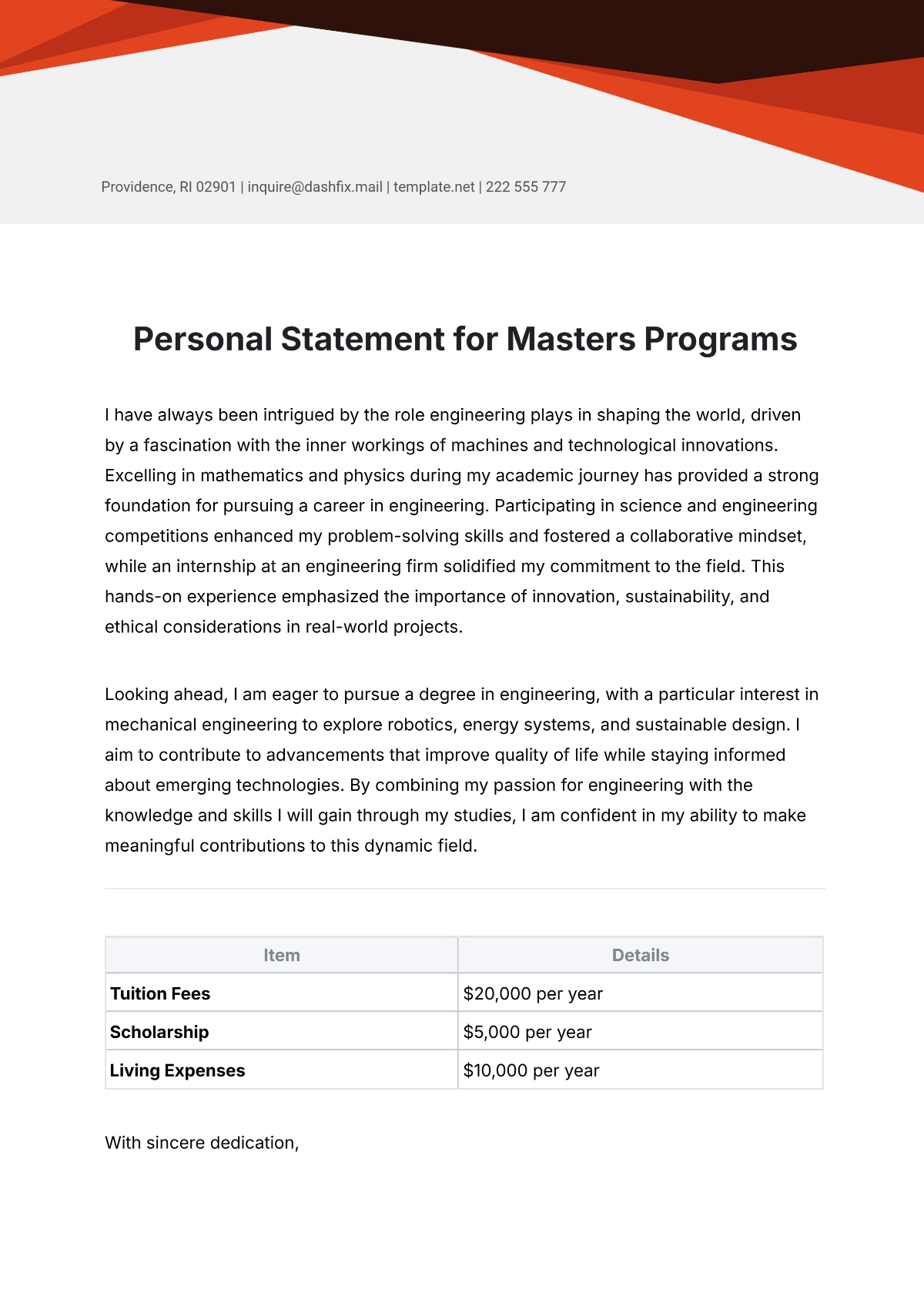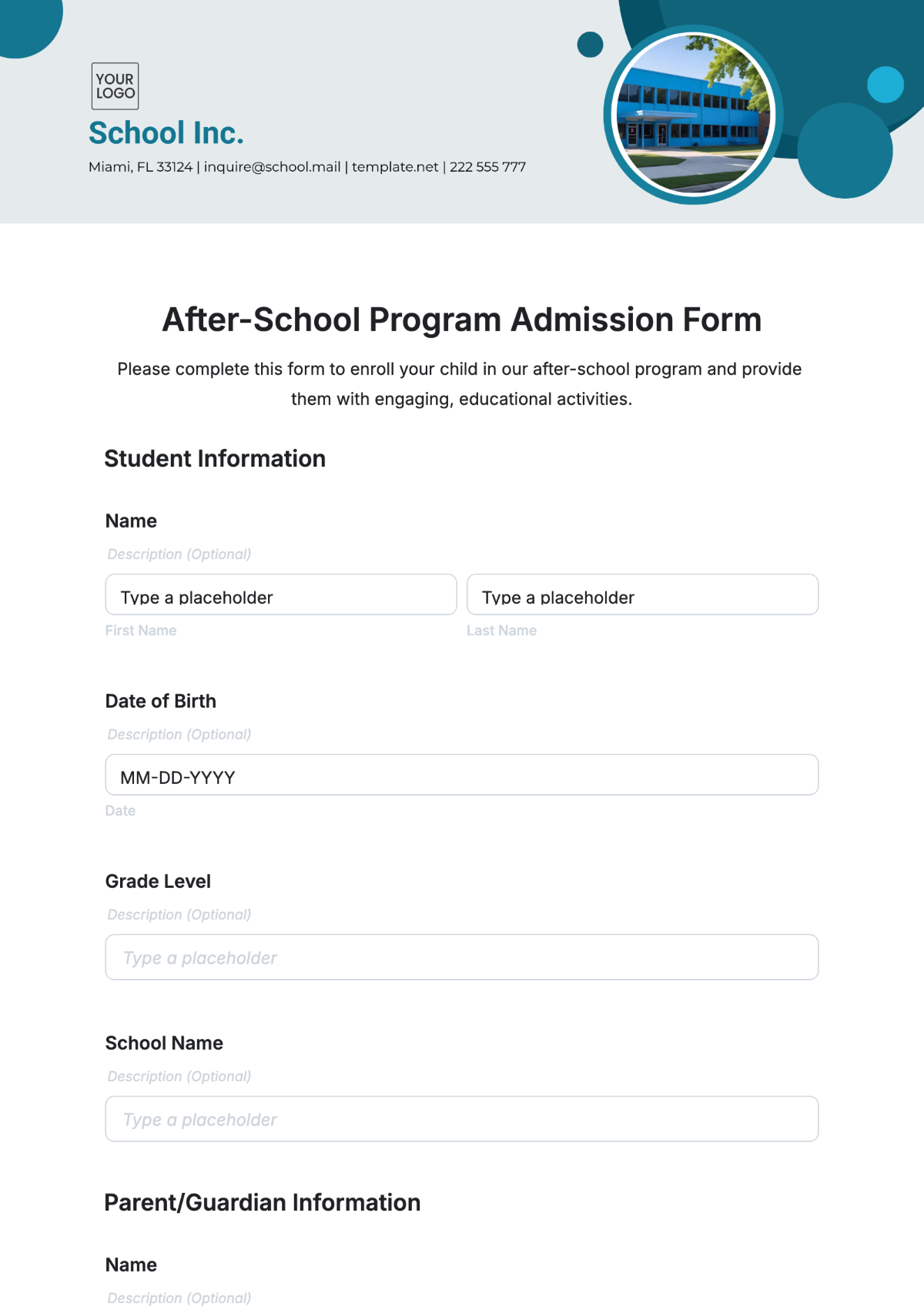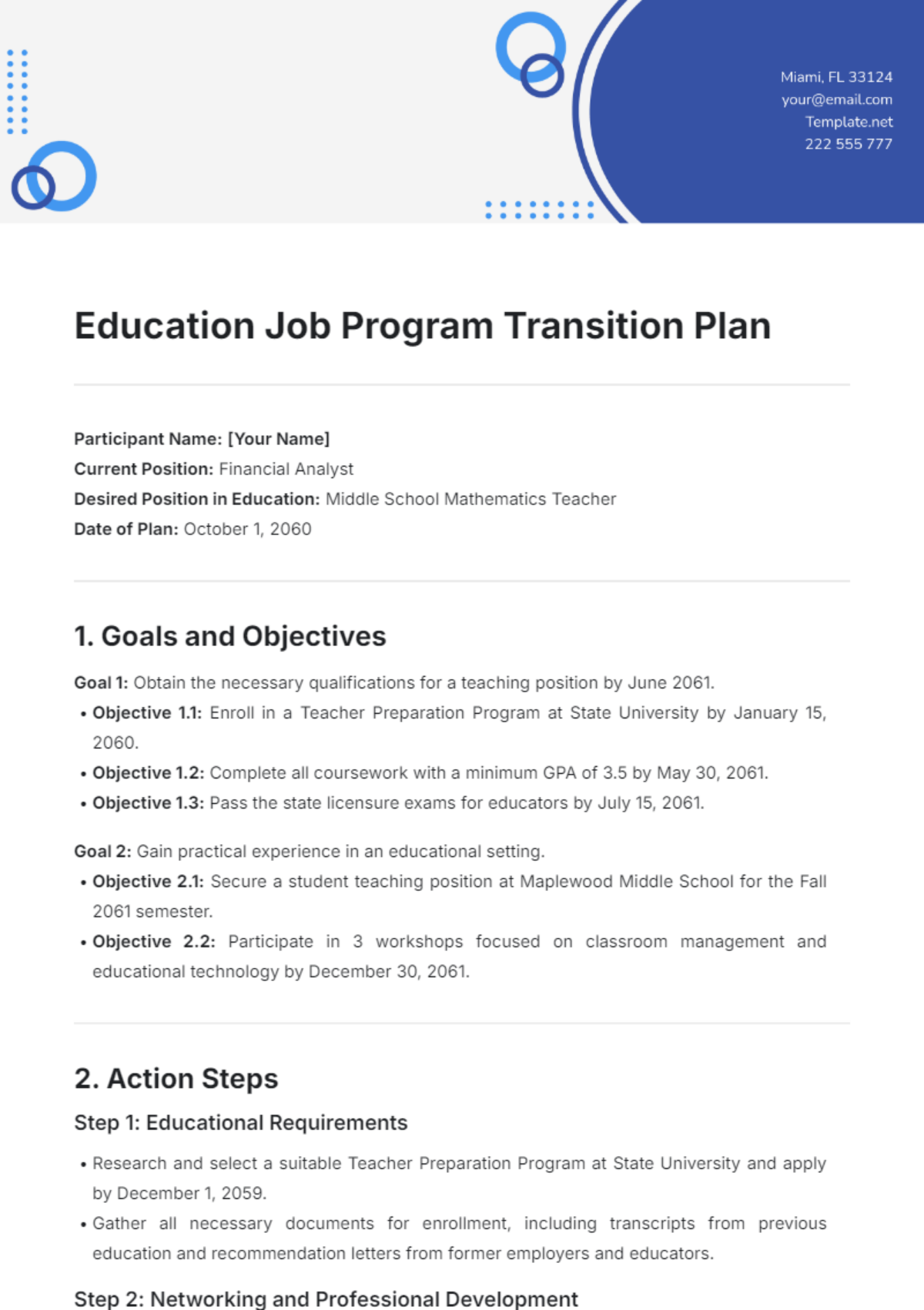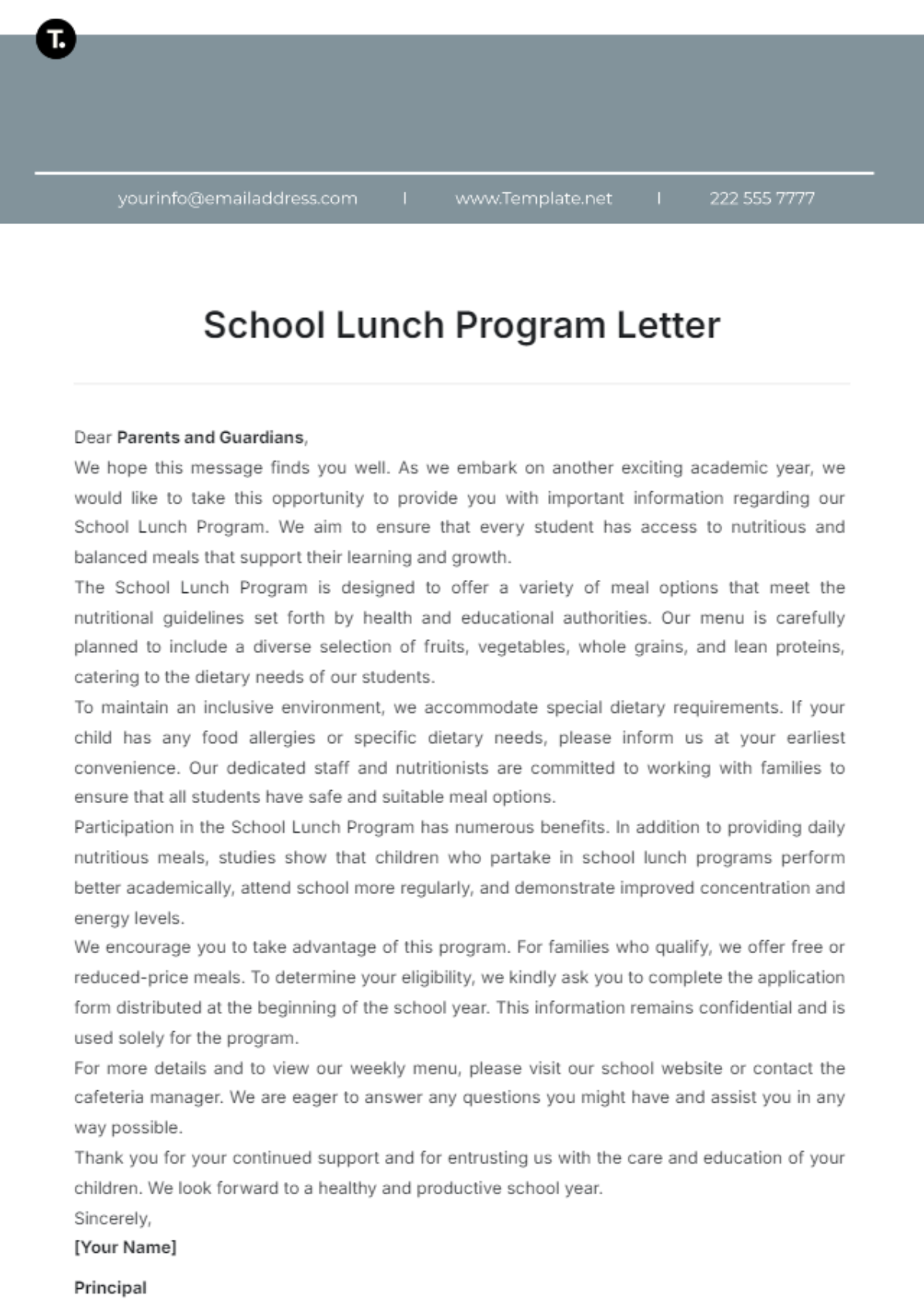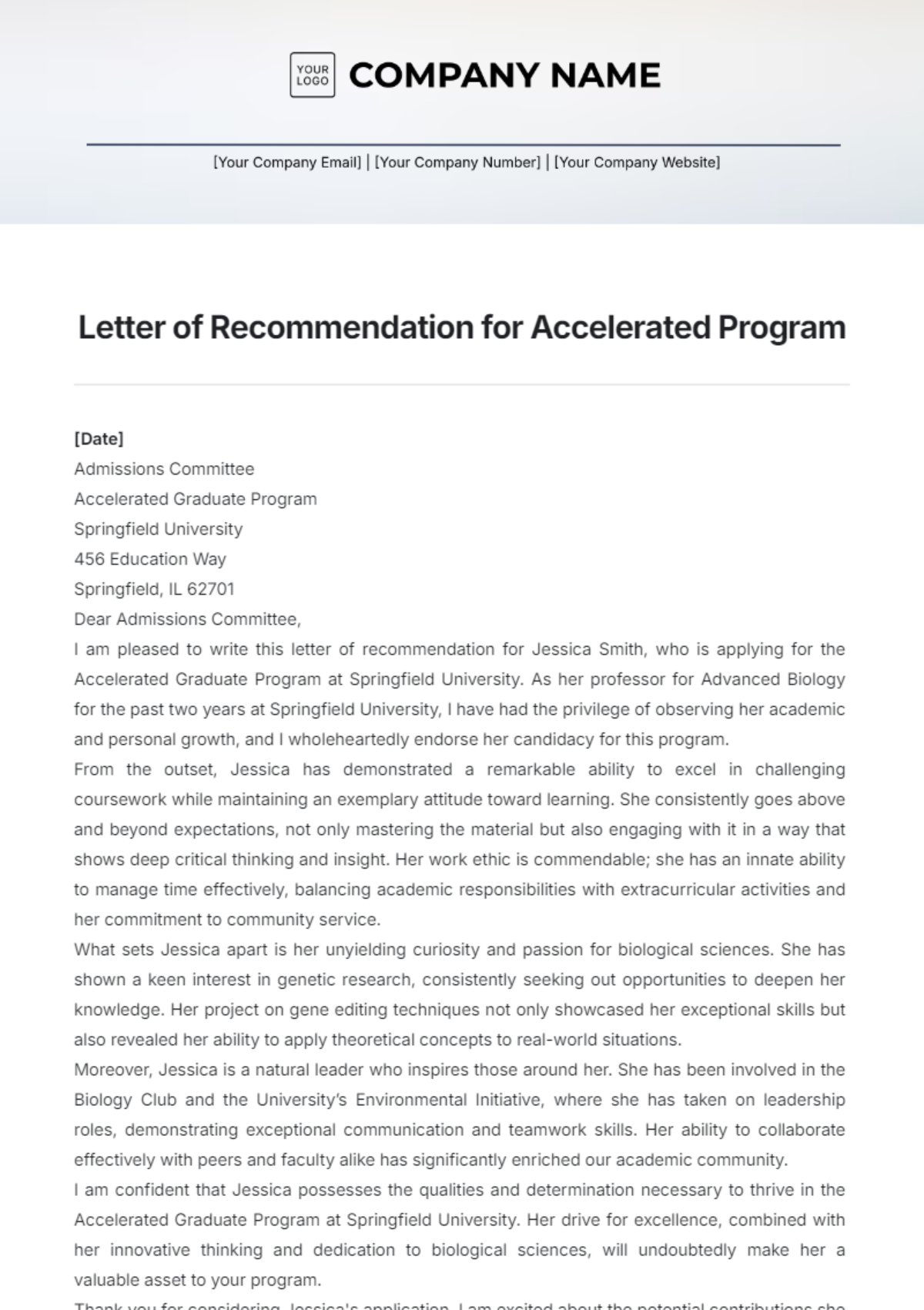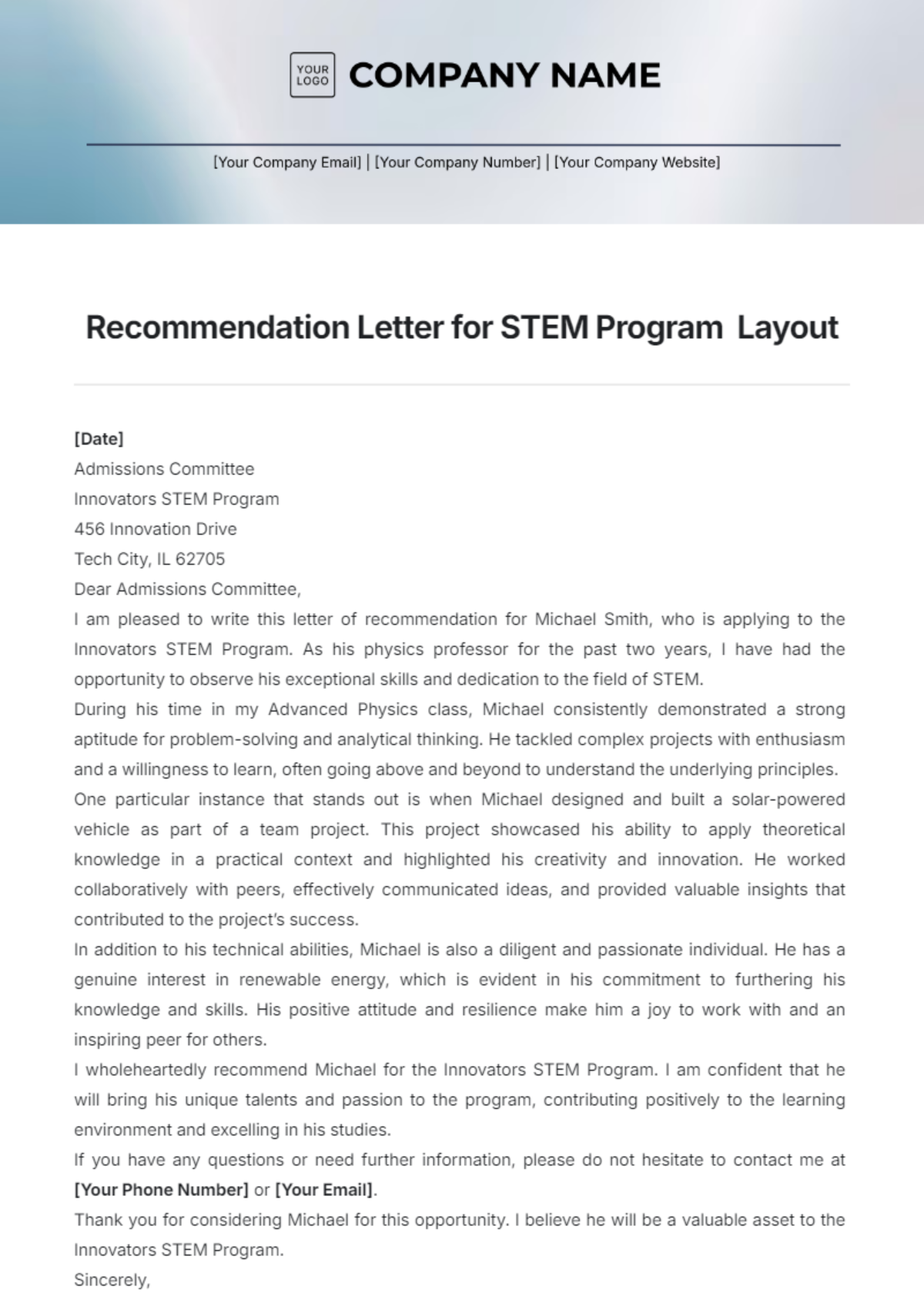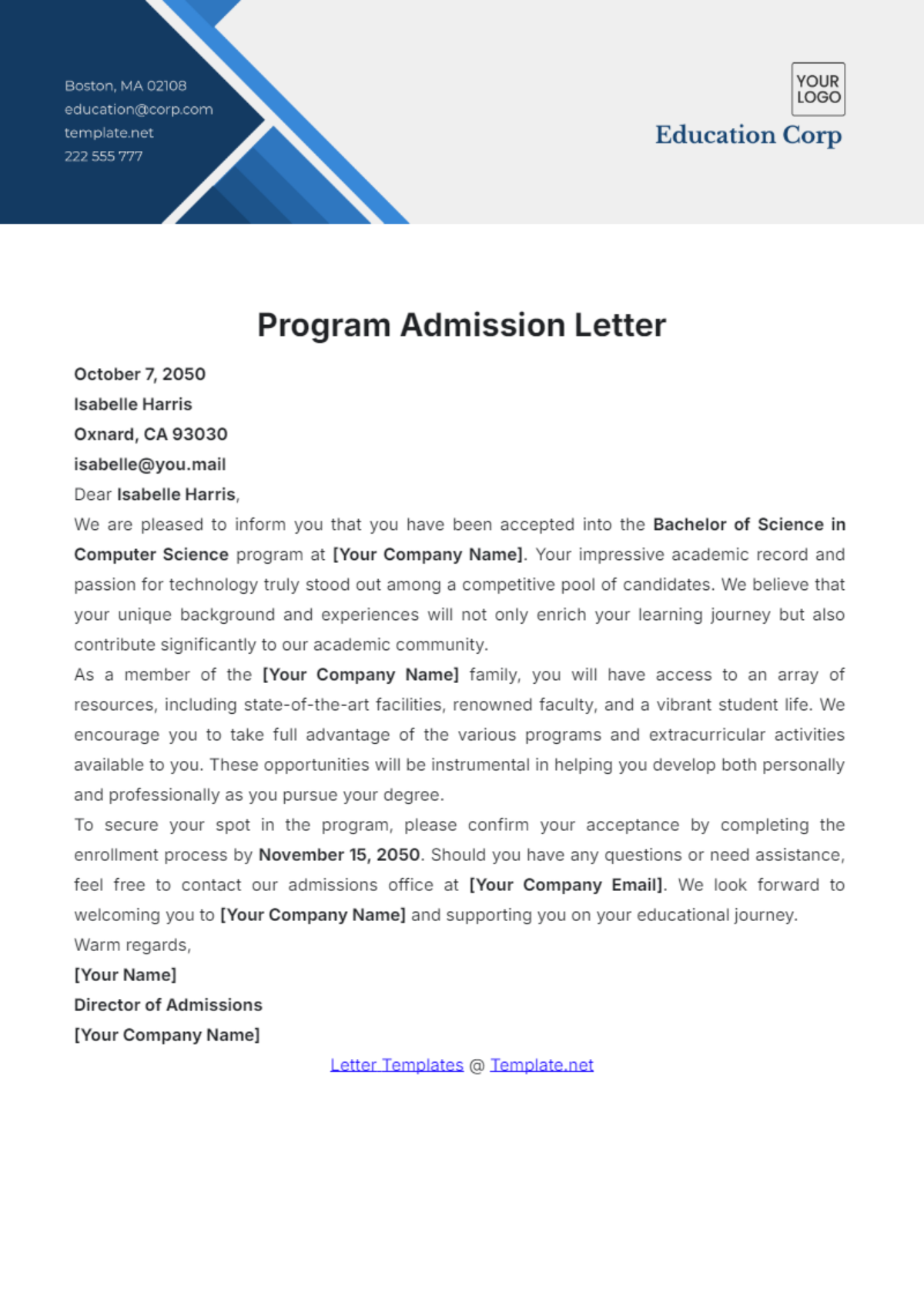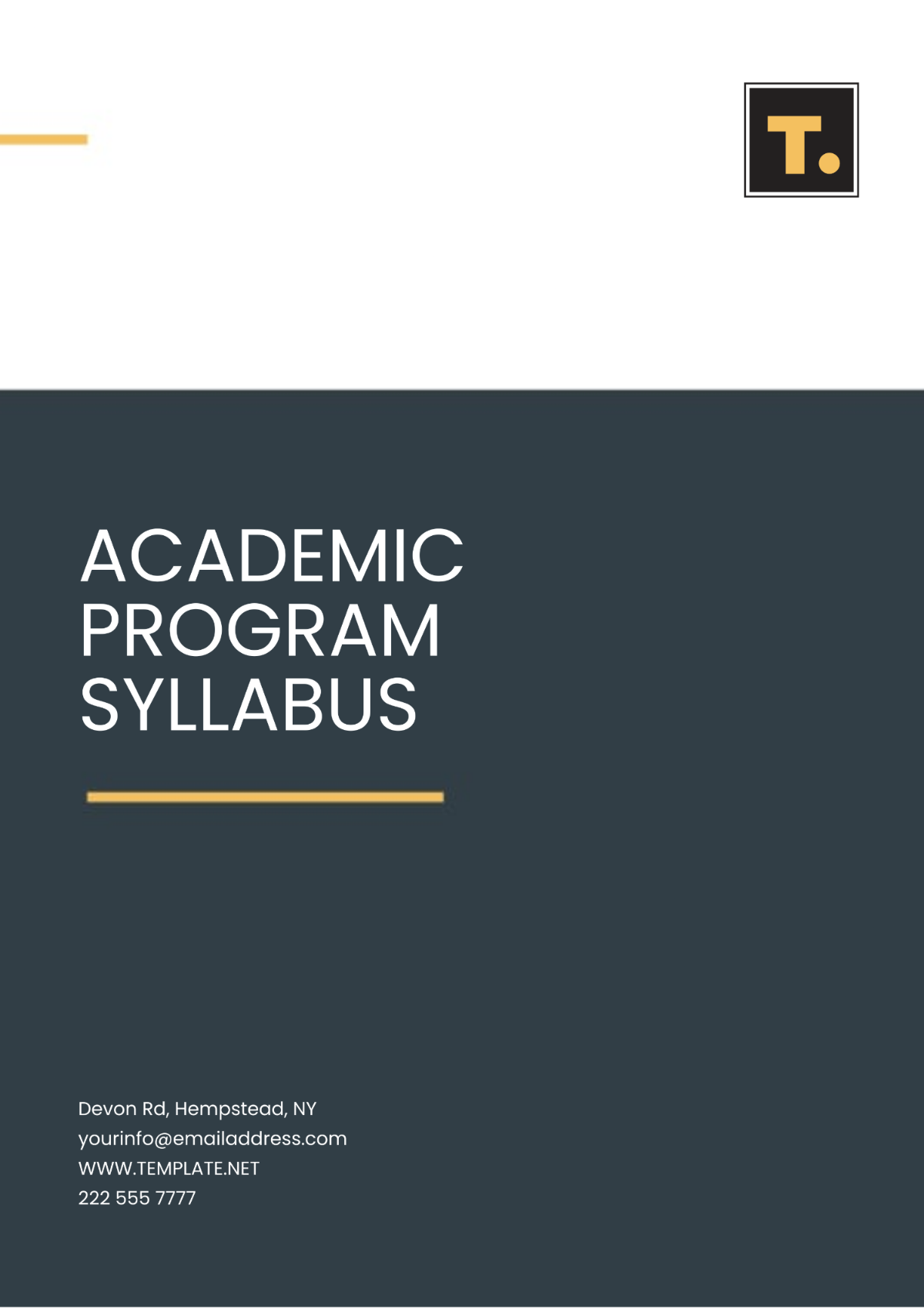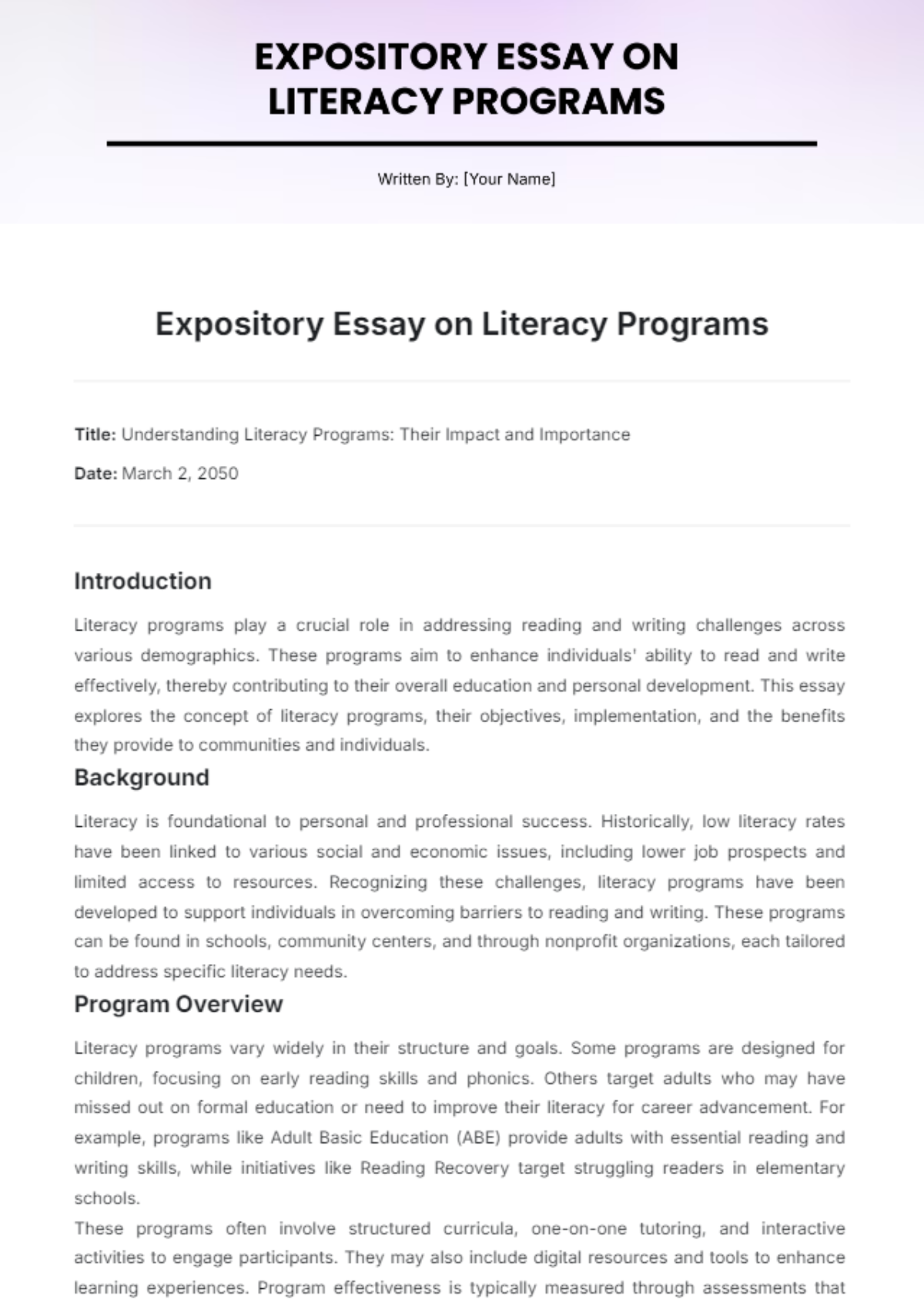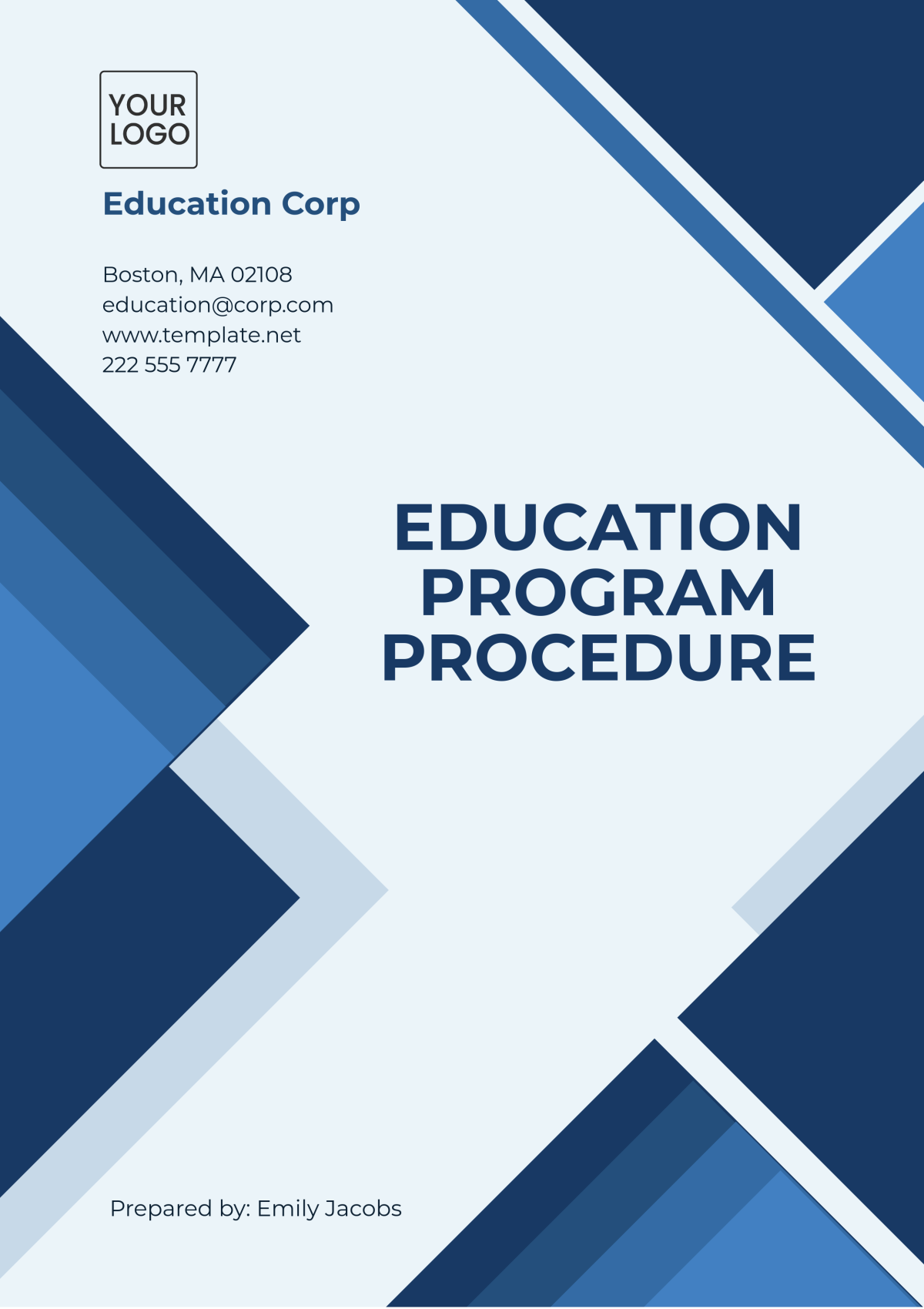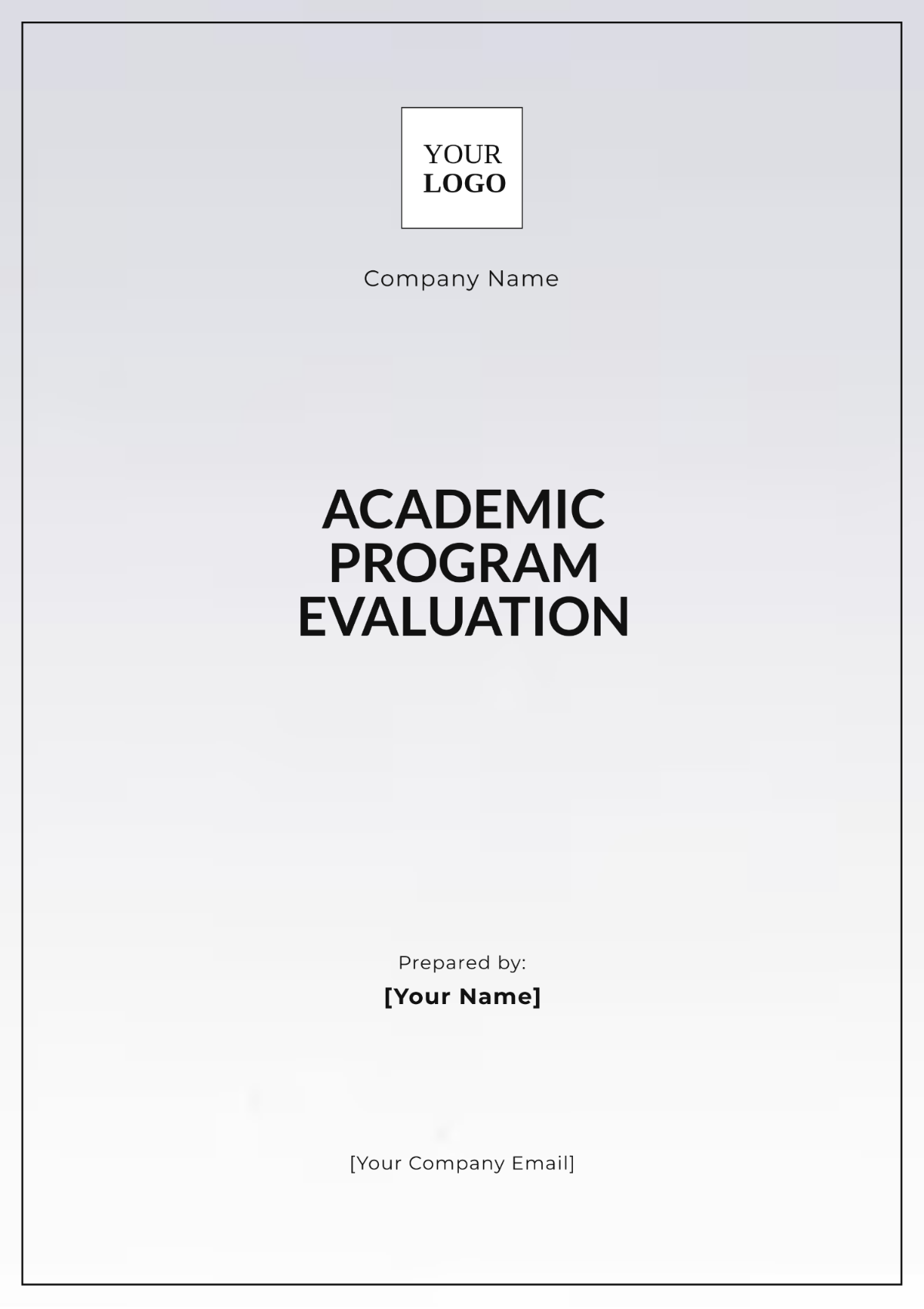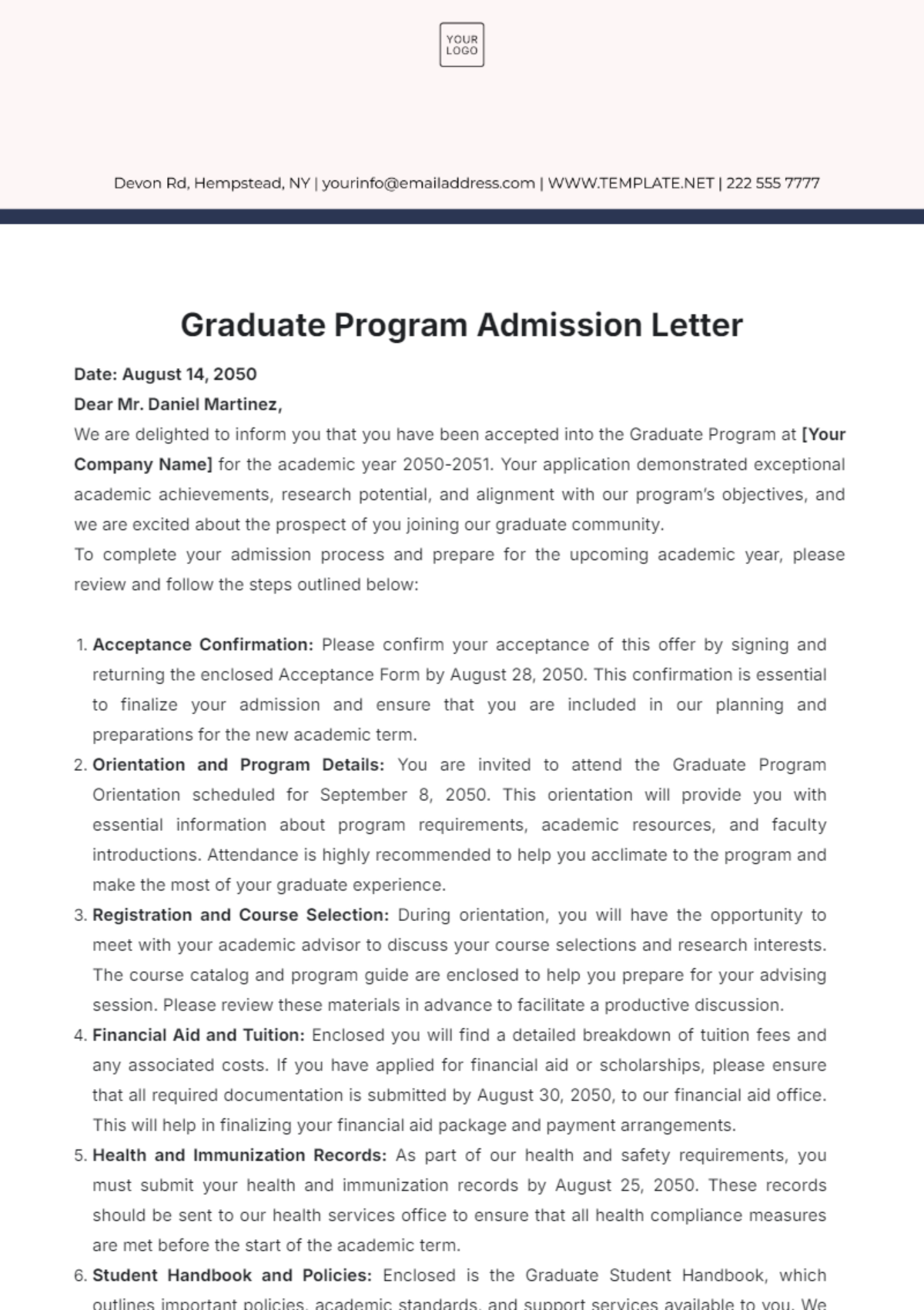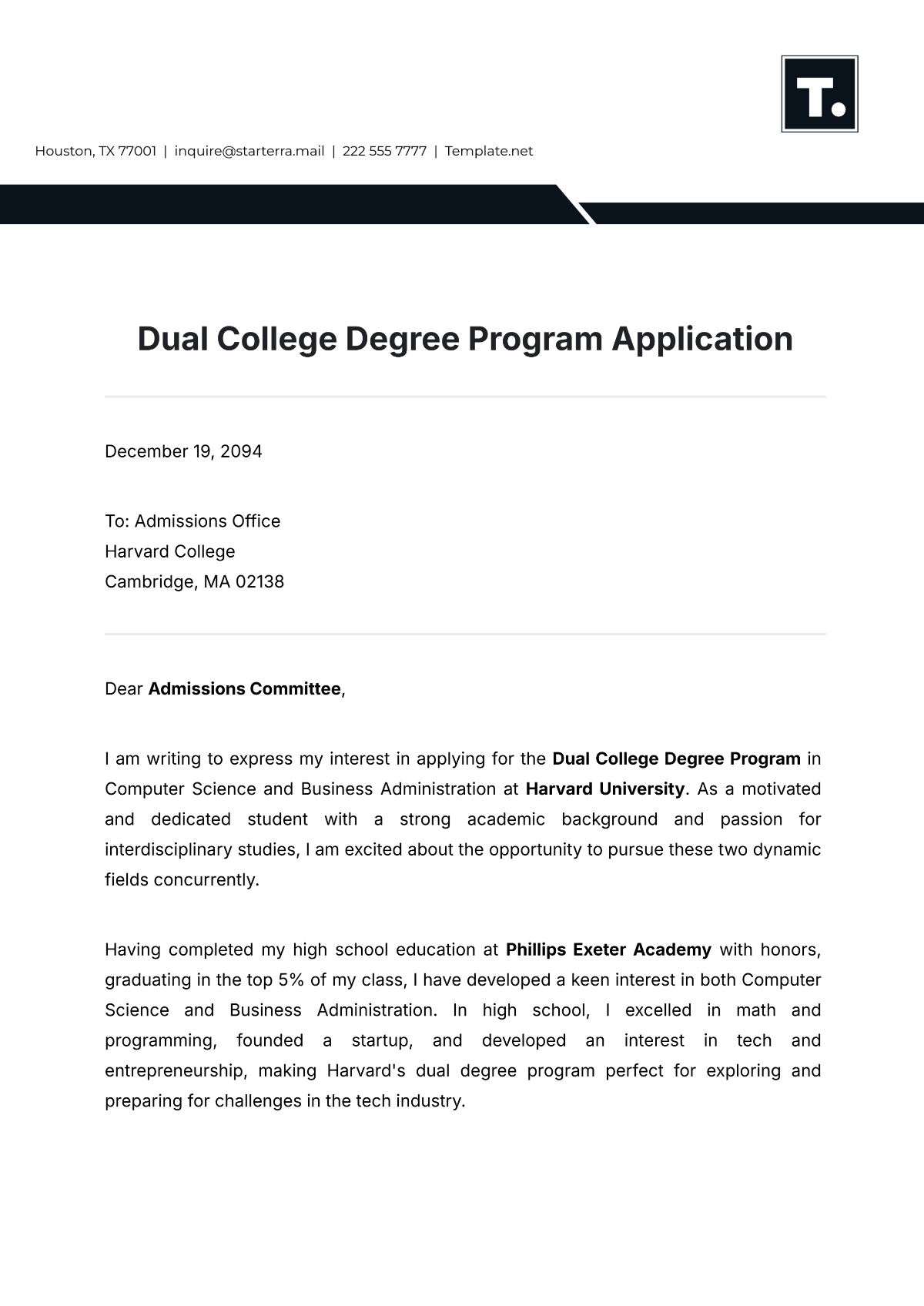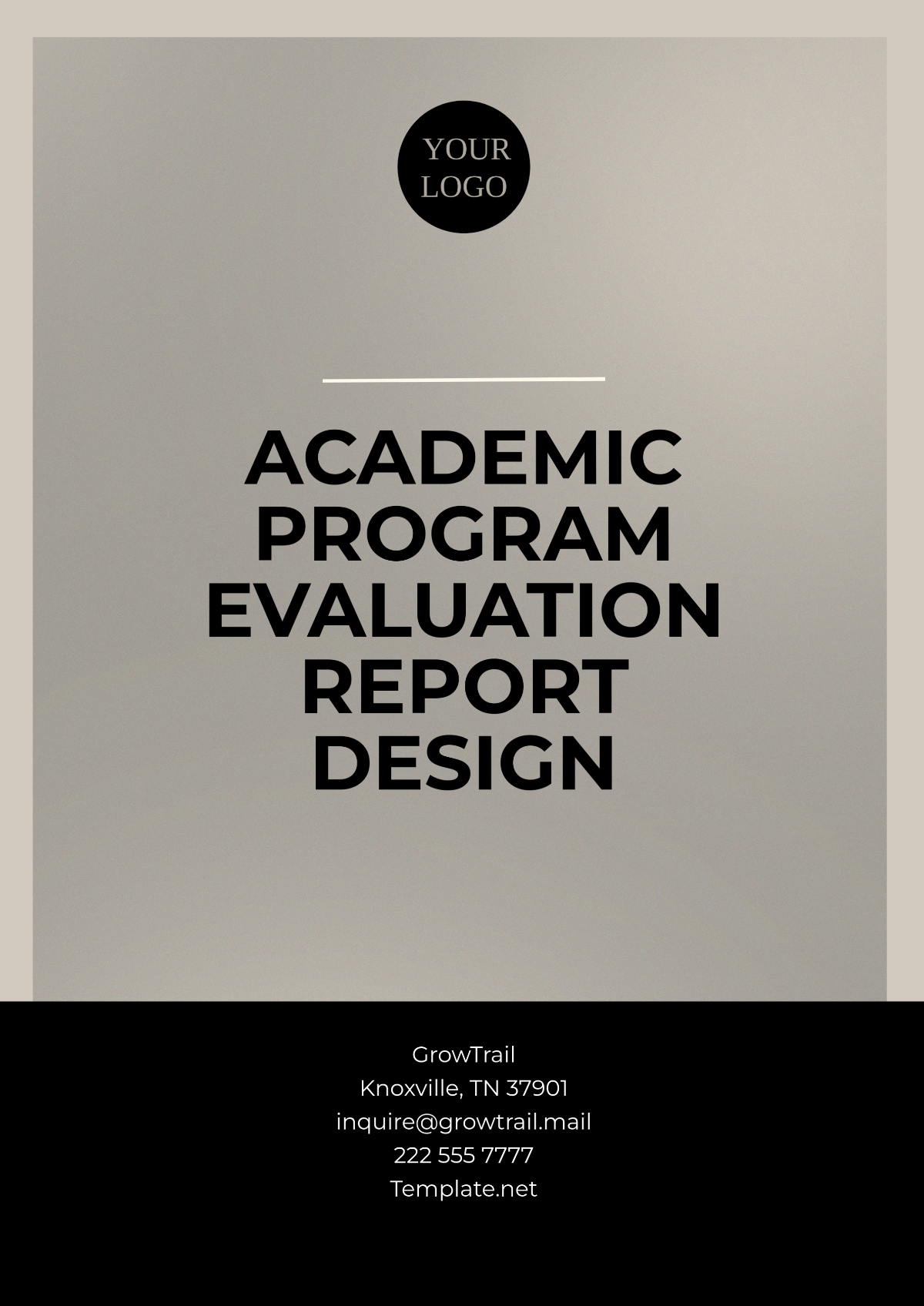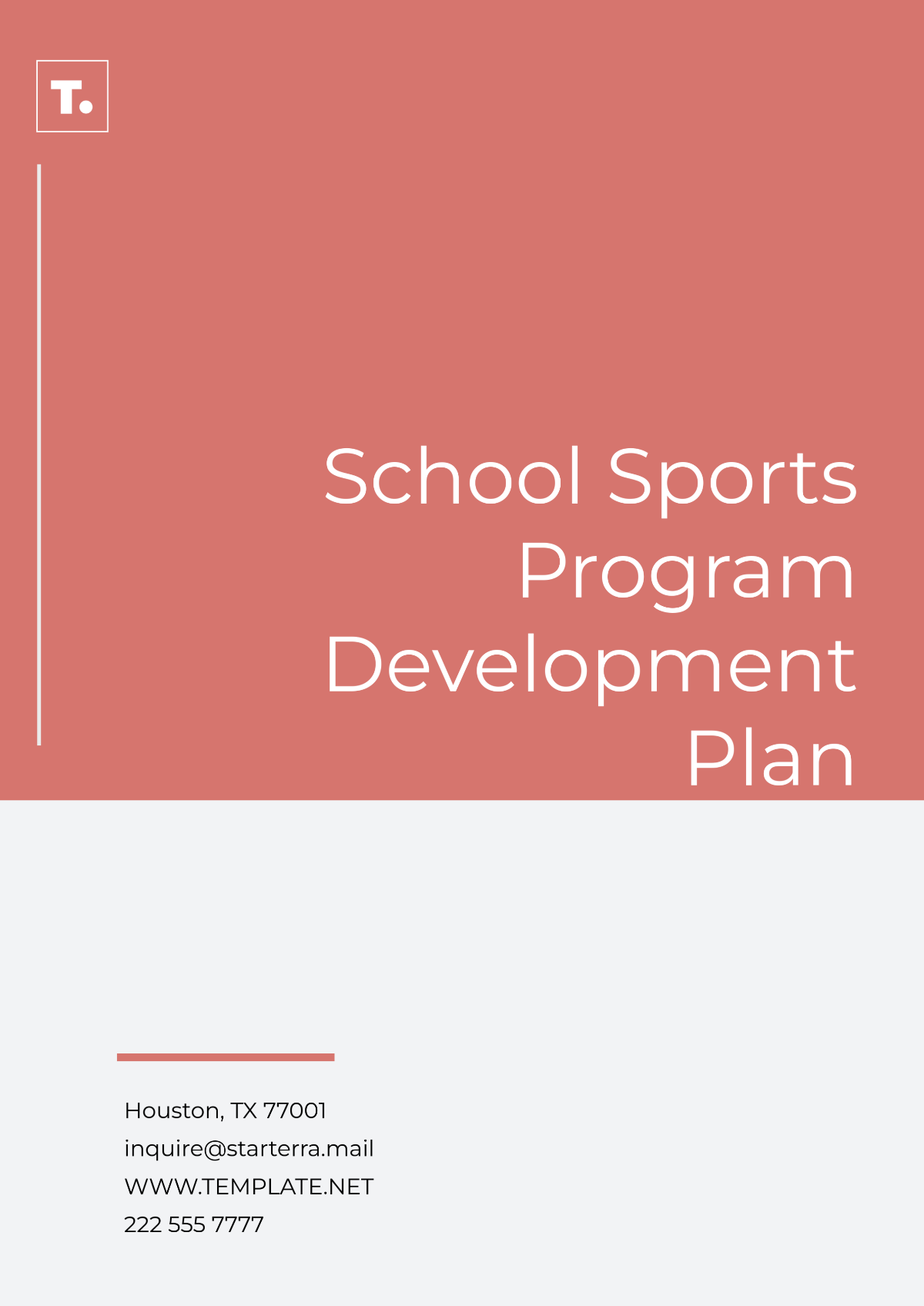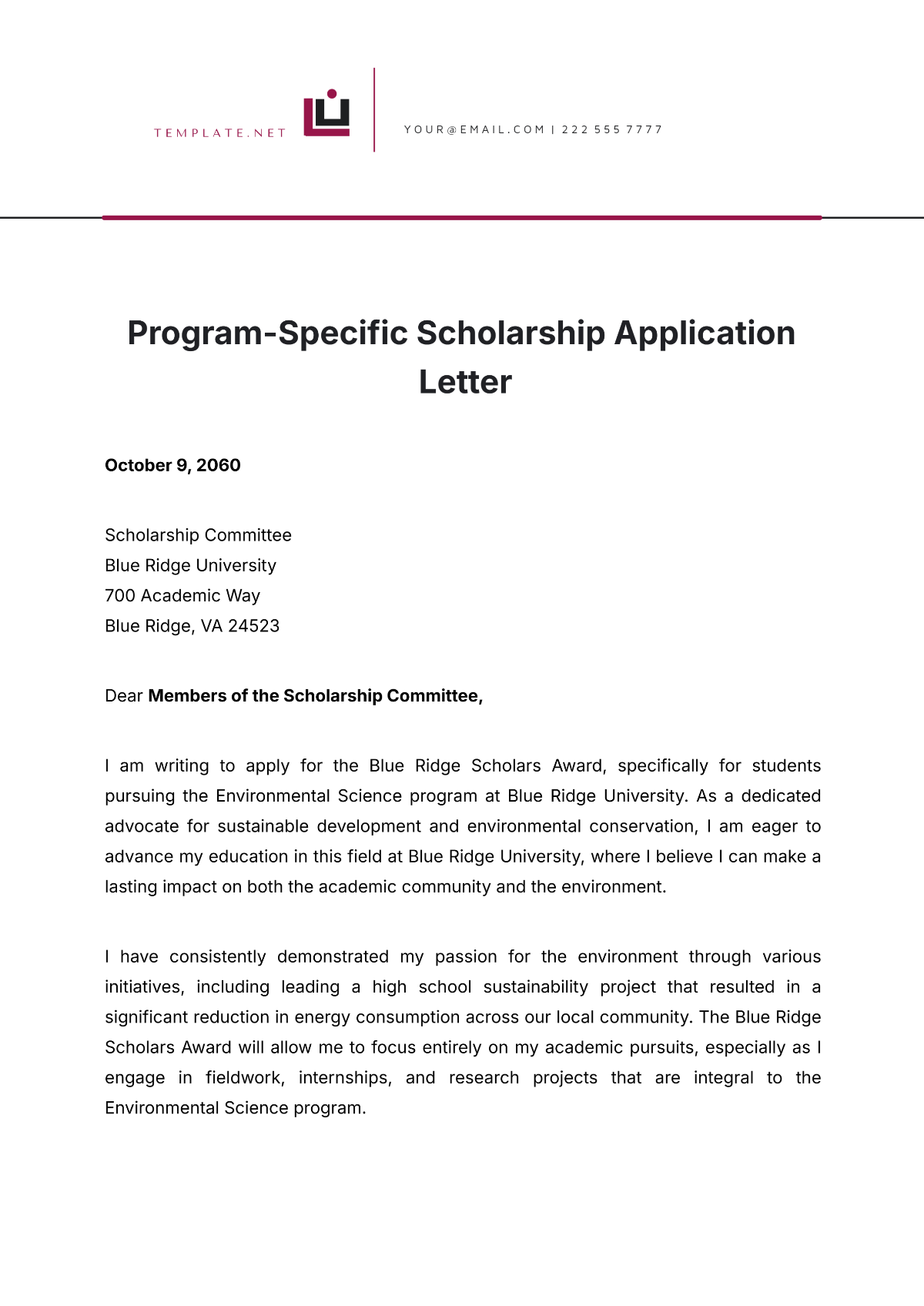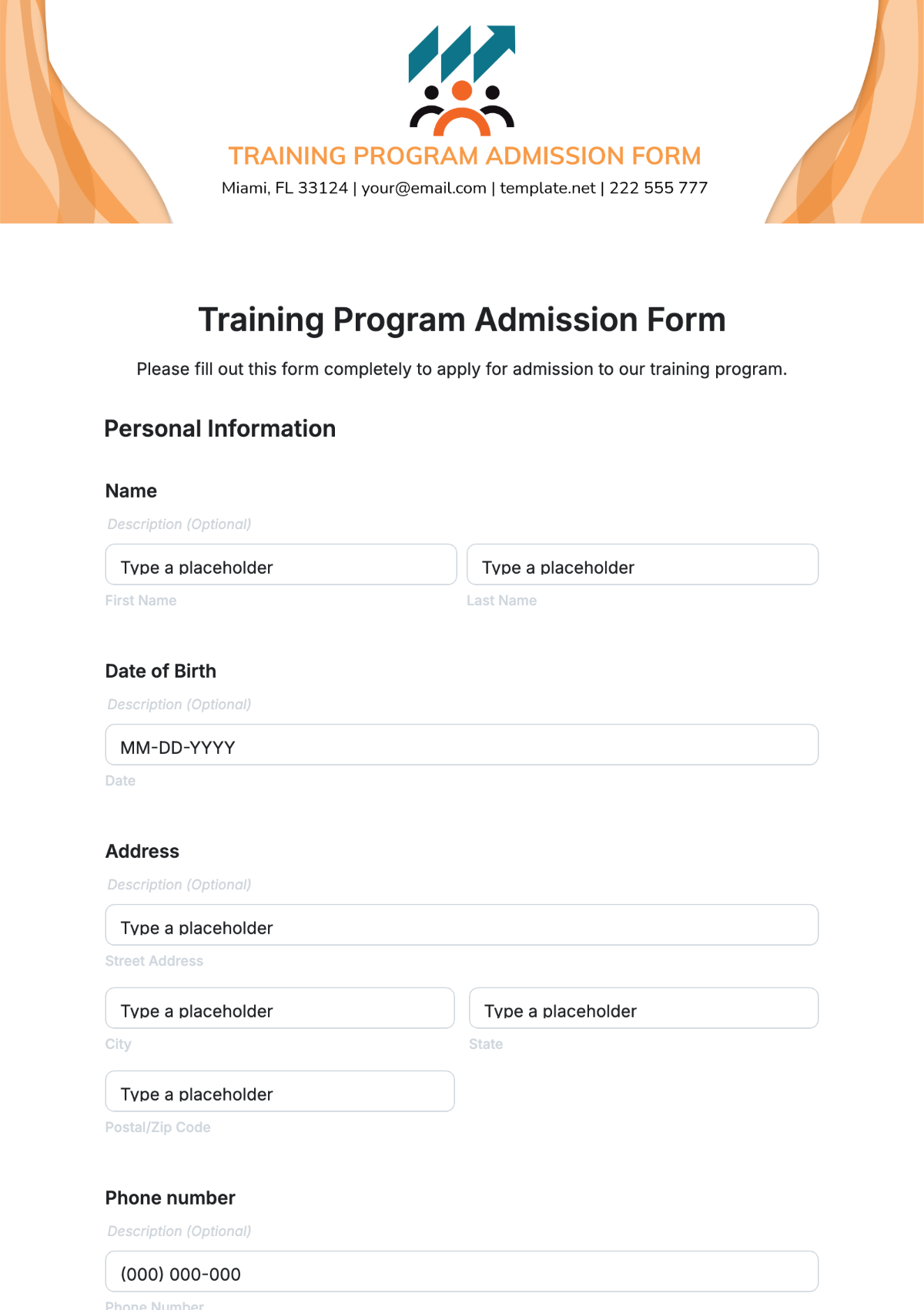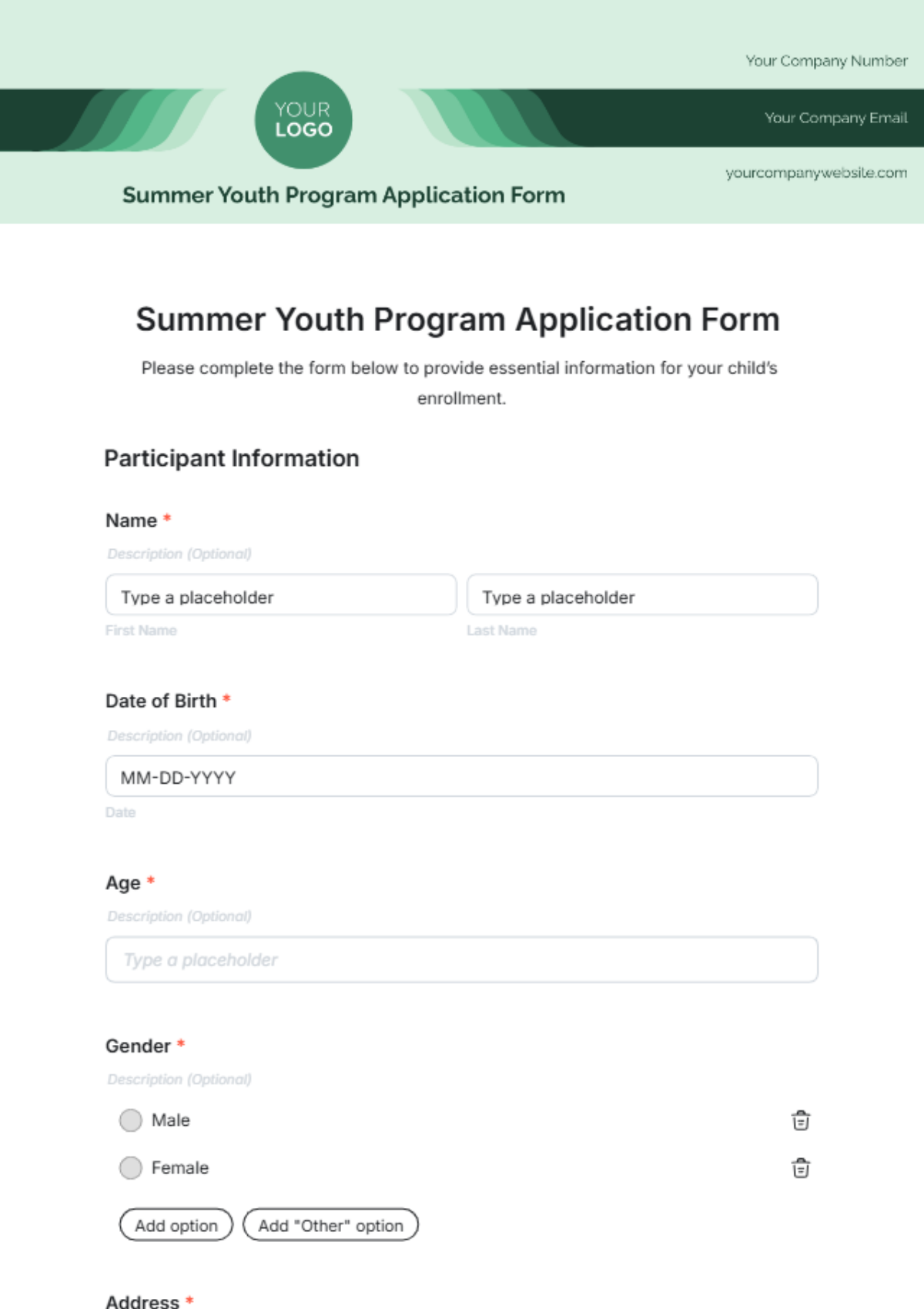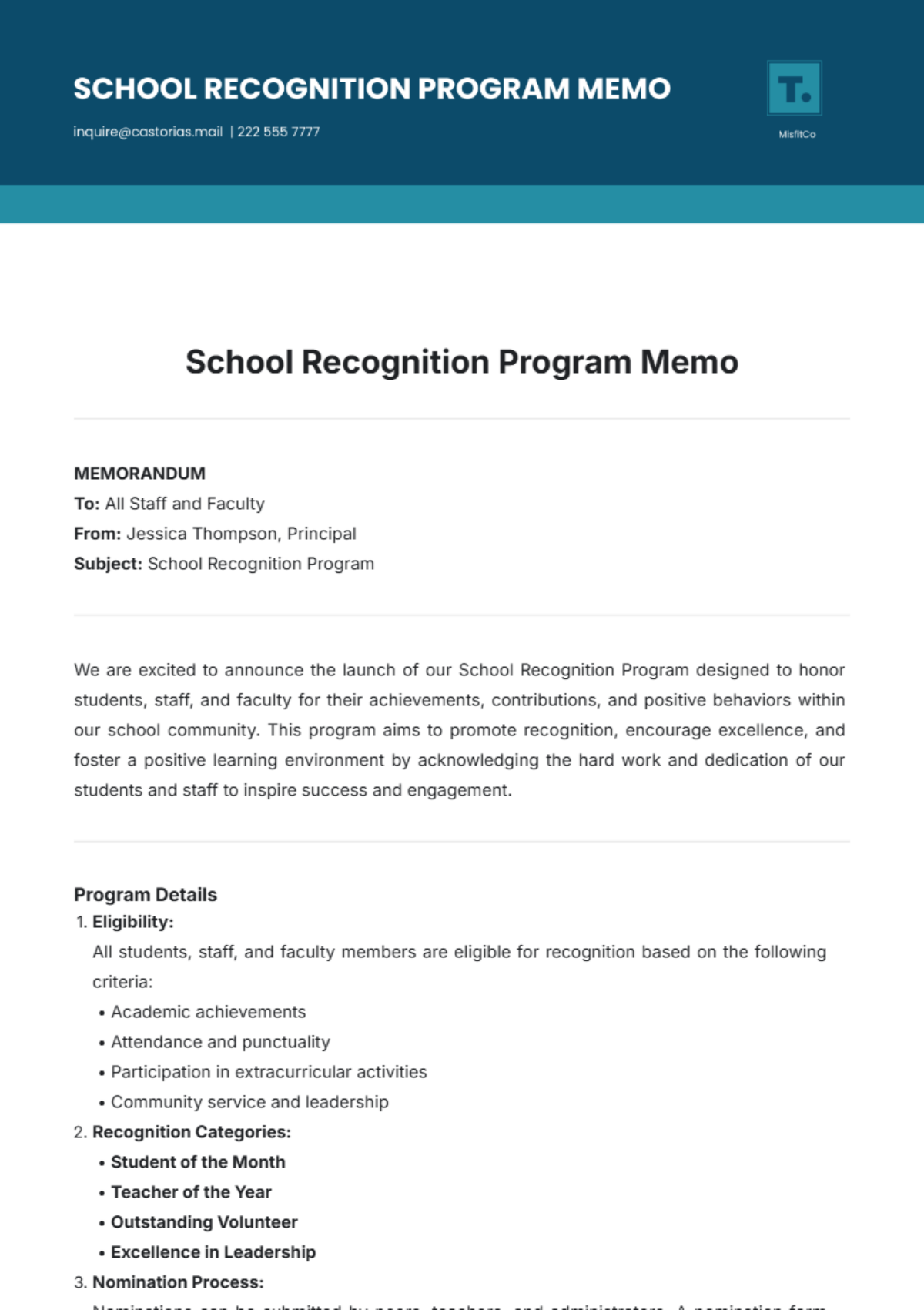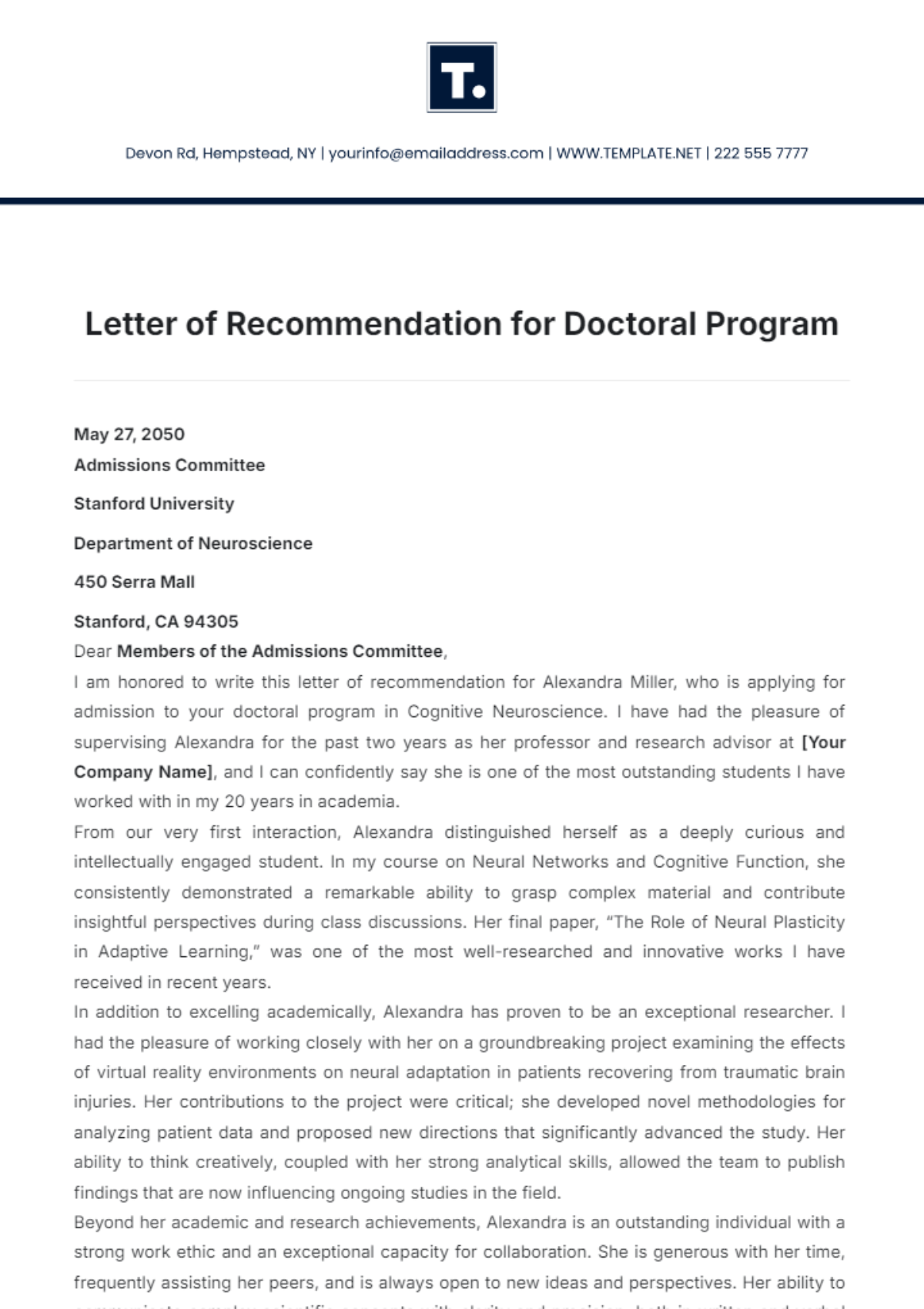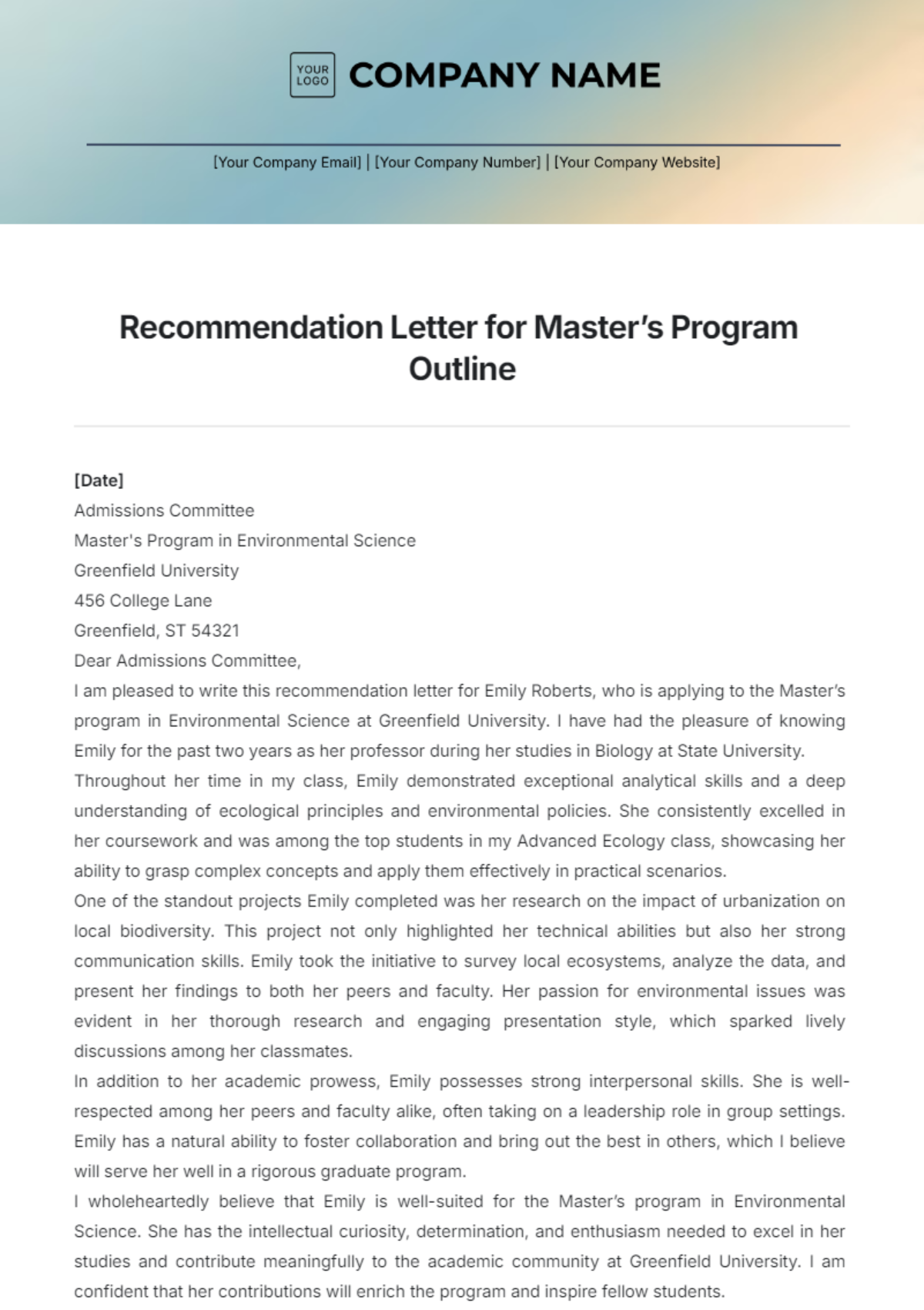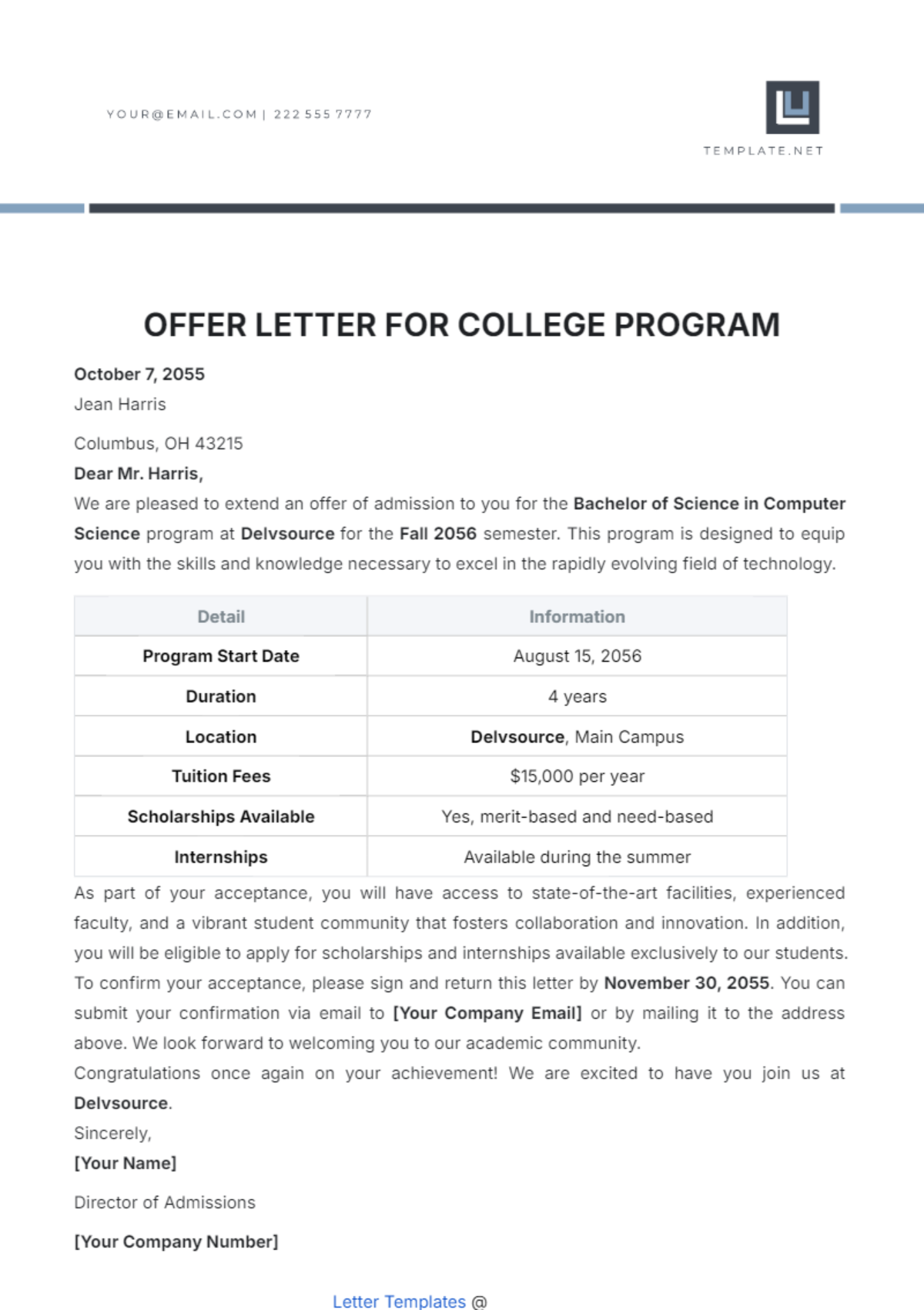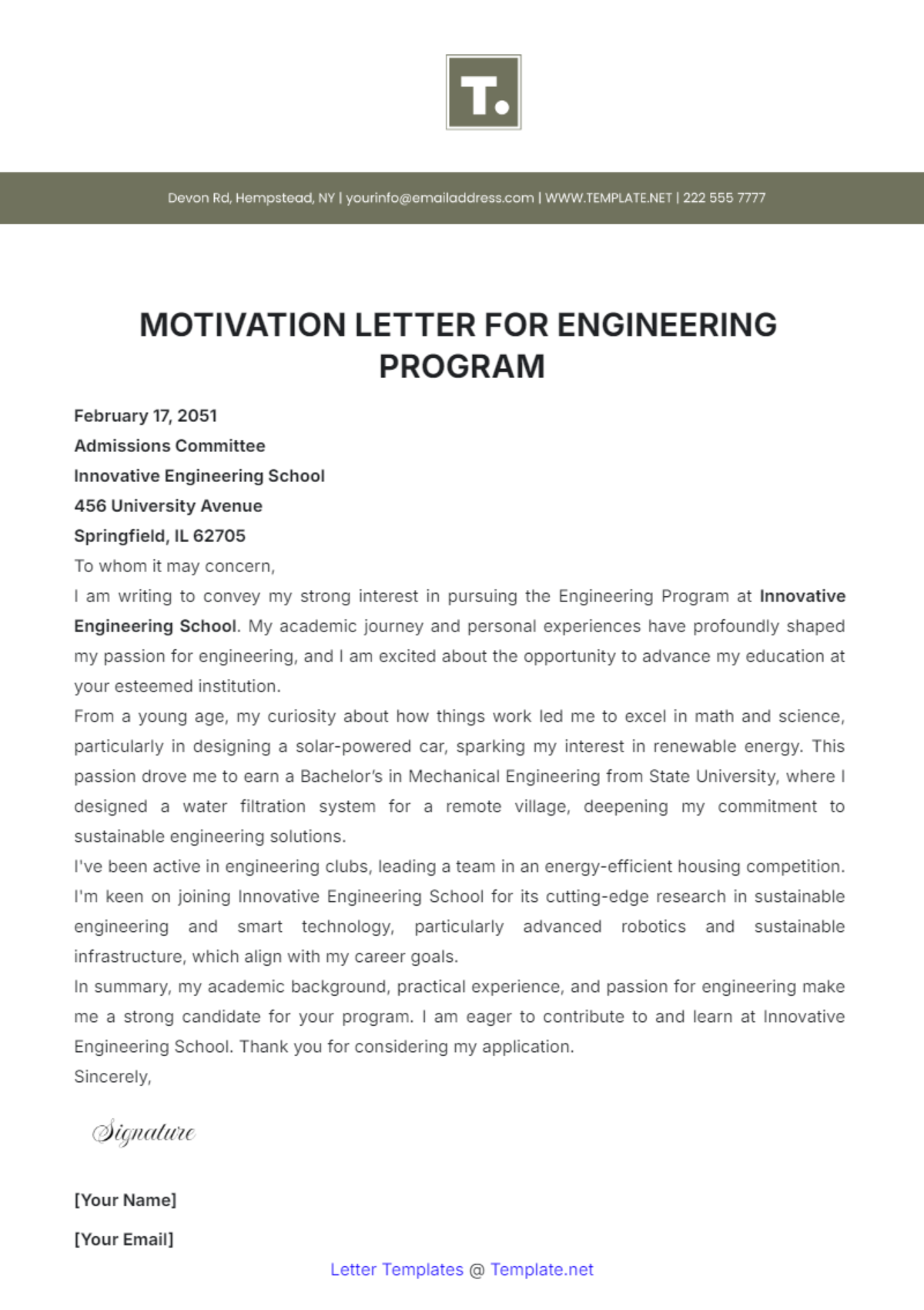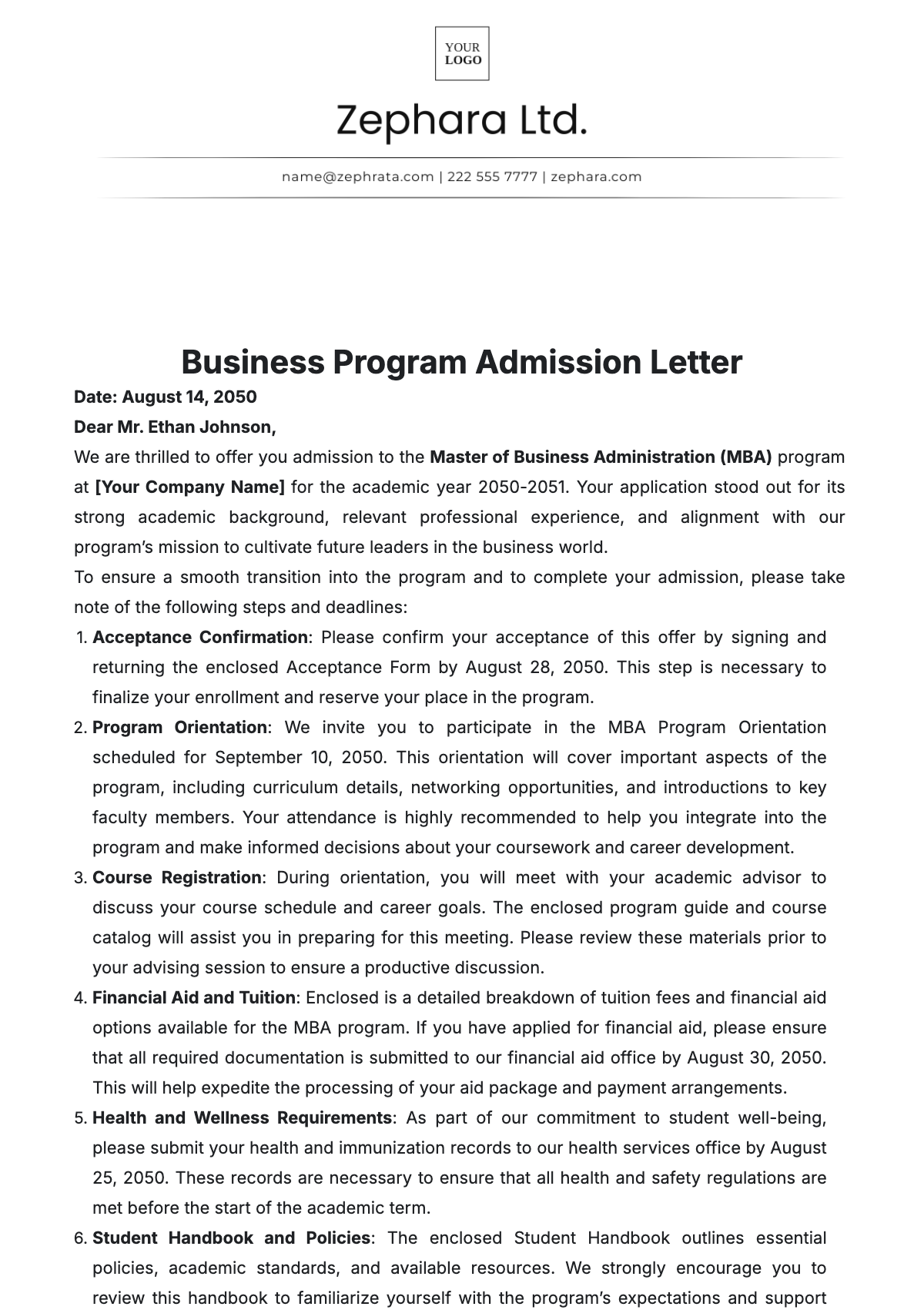Internship Program Plan
I. Introduction
The Internship Program Plan is designed to offer a comprehensive and strategic framework for managing an internship program that aligns organizational needs with the educational and professional growth of interns. The plan provides clear guidelines, procedures, and best practices aimed at delivering a structured and rewarding experience for all participants, ultimately enhancing the organization's talent pipeline.
II. Program Goals and Objectives
A. Goals:
Deliver meaningful work experiences that contribute to interns' academic and professional development.
Support professional growth by offering real-world exposure and learning opportunities in a structured environment.
Identify and nurture potential future employees by assessing interns' performance, work ethic, and cultural fit within the organization.
B. Objectives:
Develop key industry-specific skills that directly align with the intern’s academic background and career aspirations.
Deepen interns' understanding of industry operations, preparing them for future roles within the sector.
Facilitate networking opportunities with professionals, helping interns build valuable relationships and expand their professional network.
III. Program Structure
A. Duration:
The program is structured to run for a standard period of three months, with flexibility for extension based on the intern's performance and evolving company needs.
B. Roles and Responsibilities:
Role | Responsibilities |
|---|---|
Intern Supervisor | Provides consistent guidance, mentoring, and performance evaluations to ensure the intern’s professional growth and alignment with company goals. |
Human Resources | Manages the program's administrative functions, including onboarding, tracking progress, and addressing any HR-related concerns that may arise during the internship. |
Intern | Completes assigned tasks, actively participates in meetings, and engages in all professional development opportunities, contributing value to the organization. |
IV. Recruitment and Selection
A. Recruitment Process:
The recruitment strategy will utilize diverse channels such as university job boards, industry-specific networks, and social media platforms to attract a diverse and talented pool of candidates. Efforts will be made to target students from relevant academic disciplines who exhibit a passion for the industry.
B. Selection Criteria:
Strong academic performance and relevant coursework that demonstrate technical proficiency in the field.
Clear interest in the industry, as evidenced by academic projects, personal initiatives, or extracurricular involvement.
Previous professional or volunteer experience showcasing transferable skills, such as teamwork, communication, and problem-solving abilities.
V. Orientation and Training
A. Orientation:
A formal orientation session will introduce interns to the company’s mission, values, culture, and policies. This session will also cover administrative matters such as expectations, timelines, and performance standards, ensuring interns are well-prepared to integrate into the company.
B. Training:
Interns will receive a tailored training program that includes a combination of on-the-job learning and structured workshops designed to develop both hard and soft skills. Training topics may include software proficiency, industry-specific tools, professional communication, and leadership development.
VI. Evaluation and Feedback
A. Performance Evaluation:
Interns will receive ongoing feedback from supervisors throughout the program, with formal performance reviews conducted midway through and after the internship. Evaluations will focus on task completion, quality of work, professional behavior, and overall growth.
B. Program Feedback:
At the end of the internship, interns will be invited to provide feedback on their experience, including areas of improvement for the program and suggestions for future internships. This feedback will help refine the program to better meet the needs of both the organization and future interns.
VII. Conclusion
The success of the Internship Program relies on thorough planning, clear communication, and a commitment to continuous improvement. By fostering an environment where interns can thrive, organizations can cultivate a future workforce that is skilled, motivated, and aligned with the company's long-term goals.
